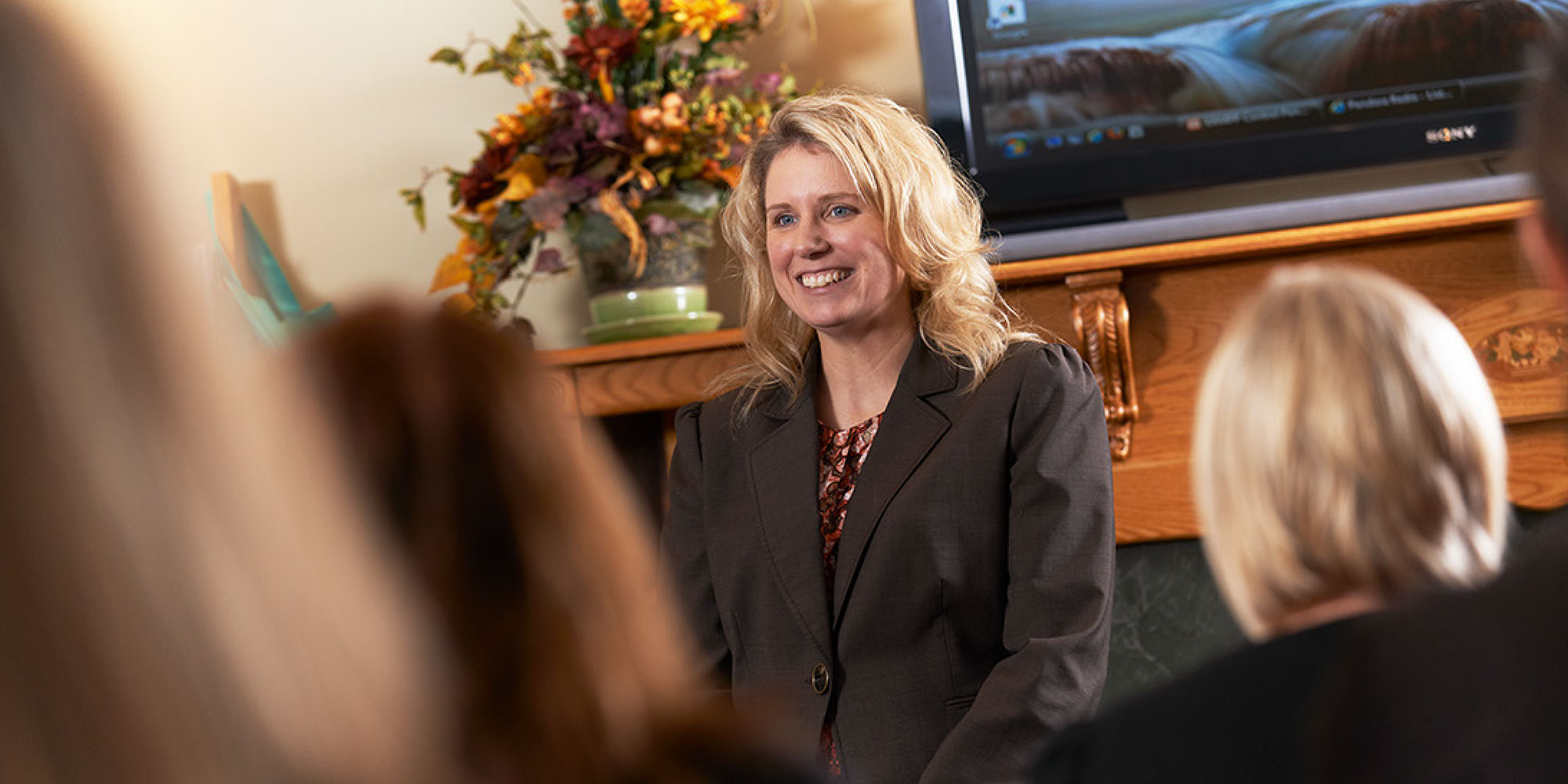By H. Amos Goodall, Jr., CELA
Procrastination is always a problem. Thinking about dying often makes us anxious. Still, there are six things to consider so that your estate is properly handled.
Nonprobate property:
Your will controls only property in your estate. Certain property transfers automatically: most jointly owned property (called joint tenants with right of survivorship or tenants by the entirety), “payable on death” accounts, insurance proceeds, annuities and IRAs all usually go directly to the named beneficiary rather than passing through probate. These forms of ownership are generally less flexible than a will, and most are still taxable. More important, they are often outdated and inconsistent with your estate plan, and often less property gets held back to carry out your plan.
Specific bequests:
A specific bequest is the gift of a particular thing, such as property or money. For example: “Grandmother’s brooch to my daughter, Katy.” When a specific bequest is made, the item must be appraised, and the gift is subject to inheritance tax. Many people prefer to give gifts of sentimental value while living to share in the recipient’s joy and appreciation. Put another way, if it will make you happy to think that Katy will have your brooch after you’re gone, just think how much happier seeing her wear it will make you. If you live at least a year after gifts, there are no appraisal or Pennsylvania tax considerations.
You may also wish to make a financial gift to people or a charity. These are always paid first, right after expenses and creditors. Depending on the size of your estate at your time of death, your specific bequest may be more or less than you want. For example, when you write your will with $500,000 in assets, you bequeath $10,000 to each of your 10 grandchildren and the remaining $400,000 to be divided between your two children. Unfortunately, you fall ill and require nursing home care for the last years of life, reducing your estate to $100,000. Your specific bequests are paid first, leaving nothing for children.
Residuary gifts:
After specific bequests, you need to decide who gets everything else. Usually, if more than one recipient is named, each receives a share or some percentage (for example, “to my children equally, share and share alike” or “40 percent to my Uncle Joe and 10 percent to each of my six nieces and nephews”). Consider what should happen if a beneficiary dies before you. Would you want that share to go to a spouse, children, to other residuary beneficiaries or somewhere else entirely?
Taxes:
Estate taxes are no longer an issue for most people since the federal threshold was raised to more than $5,000,000. Pennsylvania levies inheritance tax on almost all property (life insurance and some retirement funds are notable exceptions), depending on the recipient. Transfers to spouses or charities are taxed at 0 percent, children 4.5 percent, brothers and sisters 12 percent and everyone else 15 percent.
Younger people:
For a younger beneficiary, consider naming a trustee or a custodian to hold the property until the child becomes more mature. Pennsylvania’s Uniform Transfers to Minors Act allows testamentary transfers to be safeguarded until age 25; there is no limit on age for a formal trust. The person whom you name to handle the property doesn’t have to be the child’s parent. While in a custodial account or trust, the custodian or trustee can withdraw funds to meet the beneficiary’s reasonable needs. Omitting this may require a sequestered bank account which is both inconvenient and less flexible for investments.
For young children, you also should name a guardian (and alternate) to raise them. The law gives you priority in naming their guardian but not the final say. This avoids much family turmoil in deciding where your child will live. Use care in choosing guardians. While your 68-year-old mother may seem the best choice for your 5-year-old, 10 years from now, she may not be equipped for a 15-year-old. If you make an obviously wrong choice, the Court can correct it.
Executor:
This is who gathers assets, pays bills, then distributes what’s left as you have directed. The executor should be trustworthy, organized and enjoy everyone’s confidence. Be sure to name an alternate as well. If you anticipate complexity, any hint of controversy or other complications, a bank is a good choice for executor.
As your situation changes, your will should be revised. It is generally a good idea to review your will every four years. Think about these six considerations each time you think of your will. In your own life, there are probably additional issues that your attorney can address. For most people, it is like playing with fire to engage in do-it-yourself estate planning with the internet.
When a specific bequest is made, the item must be appraised, and the gift is subject to inheritance tax. Many people prefer to give gifts of sentimental value while living to share in the recipient’s joy and appreciation.
For more information on wills or to schedule an initial consultation, please call Steinbacher, Goodall & Yurchak at 1-800-351-8334.
This article originally appeared in the Centre Daily Times.








Get the answers you need
Question or CommentDo you need assistance finding the information you need? Have a comment about our website or services? Click the button below to send us an email! We're always happy to help.